Diagrams, just like formulas and equations, are very important for securing more marks. This is especially true for the annual CBSE Class 7 Exams. Moreover, drawing a neat and labelled diagram is guaranteed to fetch maximum marks in the exams.
Diagrams in biology are the most integral part of the subject. Furthermore, this subject is better understood through the visualization of concepts. Hence, the diagrams are quite important.
Following is a list of important diagrams in biology for class 7. Ensure each and every diagram in this list is practised well. Doing so will ensure that these can be drawn with utmost ease and accuracy.
Diagrams for Class 7
Human Excretory System
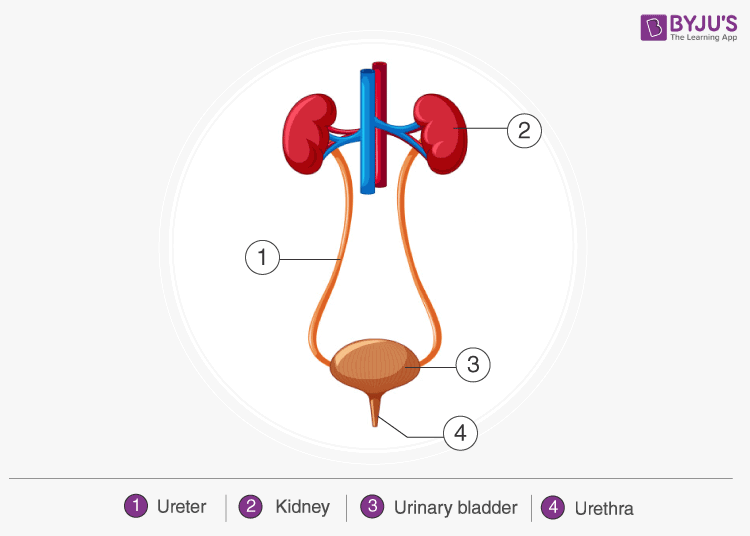
Diagram of the Human Excretory System is a fundamental concept and it will usually appear again in higher classes with more complexities. Carefully observe the anatomical features and try to recreate the same. Read more about the Human Excretory System to learn the theoretical basis and its implications.
Respiratory System
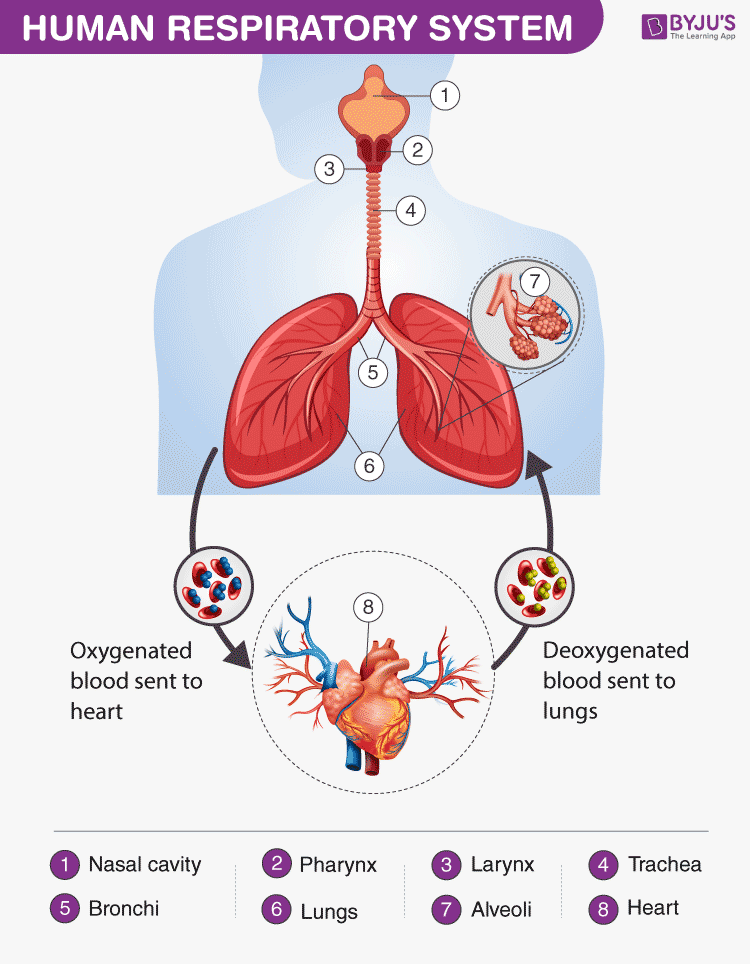
One of the more important diagrams in class 7 biology is that of the respiratory system. This is slightly more complex due to the variety of internal anatomical structures and organs. However, with enough practice, it is possible to draw this diagram with ease. And always remember to label the diagram accurately.
Parts of a Flower
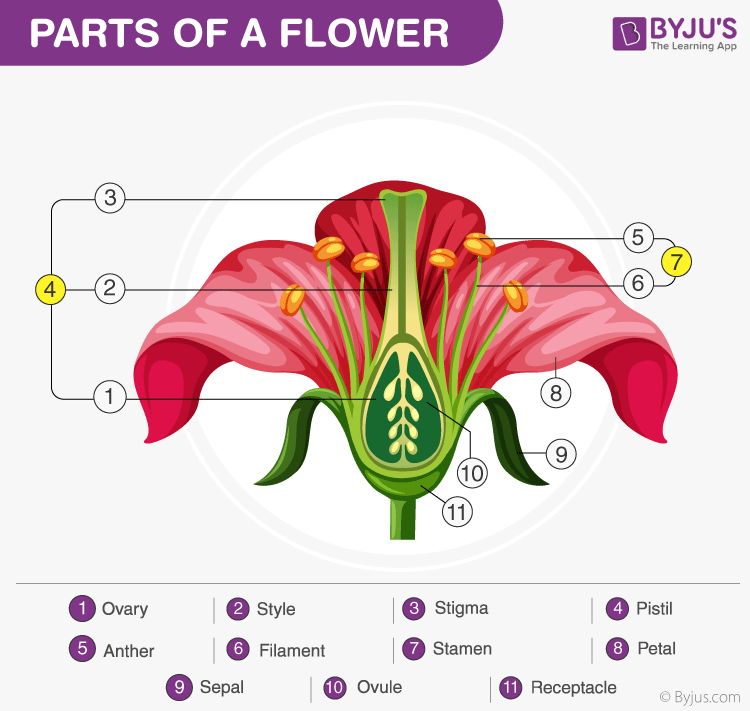
The diagram for parts of a flower is one of the simpler diagrams on this list. The structure is rather straight forward with not many complex parts. The only point to note is the labelling.
Human Ear
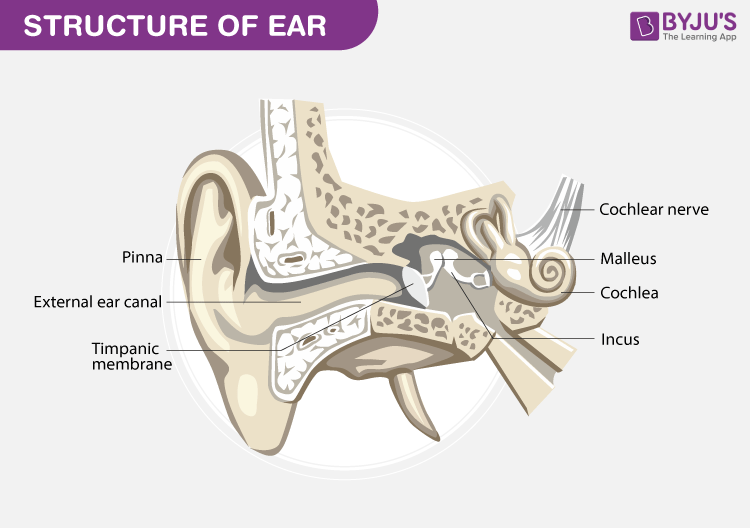
The human ear may be much more intimidating for some because of its complex shapes. However, with enough practice, these can be recreated with ease. Furthermore, ensure that the diagram is properly labelled to secure maximum marks.
Solar System
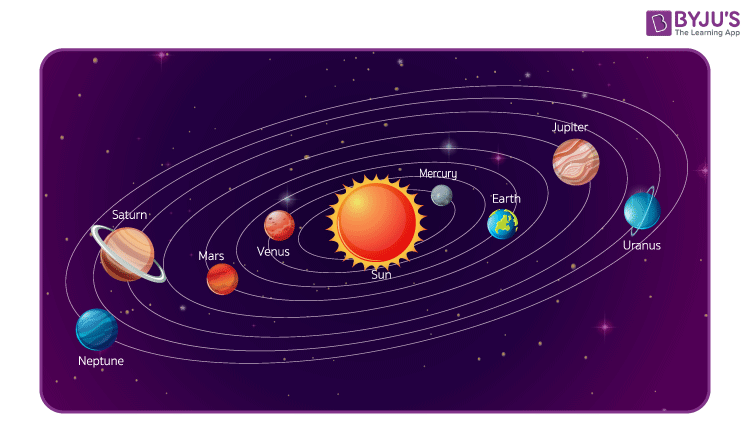
The solar system essentially consists of the 8 planets revolving around the sun. These sound simple enough and it can be illustrated from various perspectives (with the most common being the top-down view). Drawing this diagram shouldn’t take much effort and it will help to secure more marks.
Explore more important diagrams by registering at BYJU’S Biology.
Further Reading:

Good and thanks